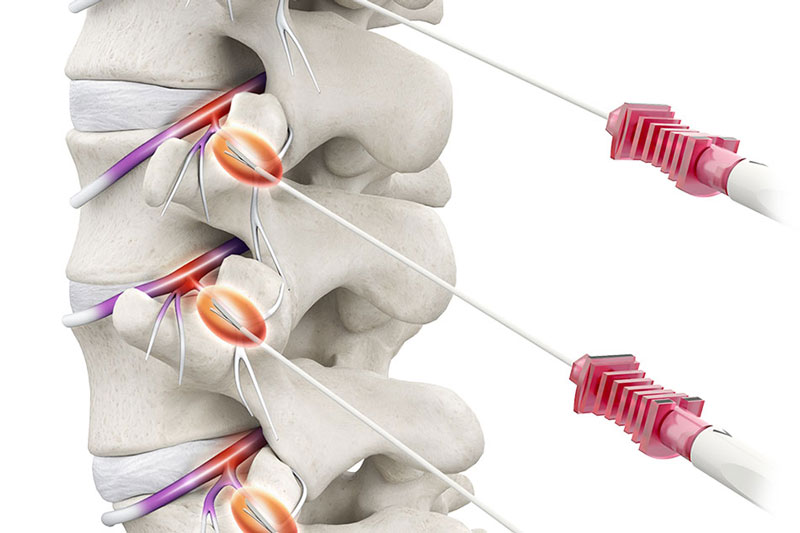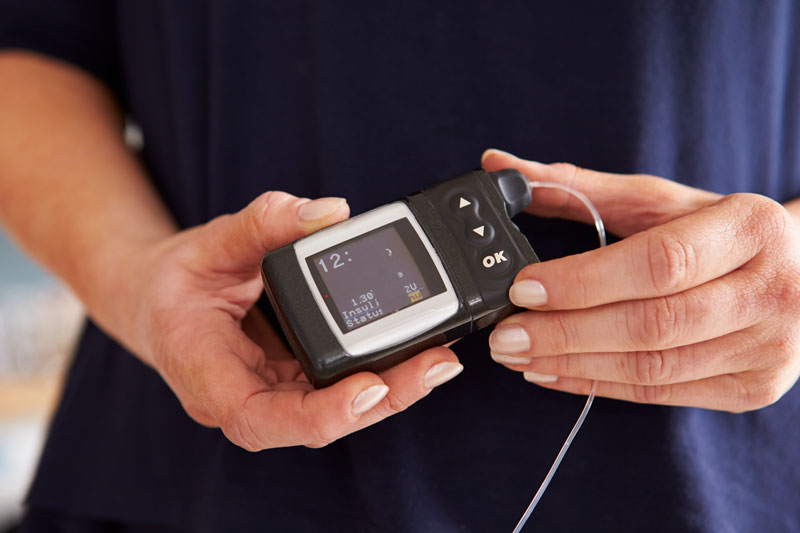What is a Radiofrequency Ablation?
Why are Radiofrequency Ablations Performed?

How is a Radiofrequency Ablation performed?
Frequently Asked Questions about Radiofrequency Ablations
Is RFA a painful procedure?
The RFA procedure is generally well-tolerated and designed to minimize discomfort. The local anesthetic ensures that the treatment area is numb, and you may feel some pressure or a warming sensation during the procedure. Most patients report minimal pain or discomfort.
What can I expect after the RFA procedure?
After the procedure, you may experience mild soreness or discomfort at the treatment site, but this typically resolves within a few days. Some patients may notice an immediate reduction in pain, while others may experience gradual improvement over several weeks as the nerves heal. It is essential to follow your doctor’s post-procedure instructions for optimal recovery.
How long does the pain relief from RFA last?
The duration of pain relief can vary among individuals. While some patients may experience several months or even years of pain relief after RFA, the effectiveness and longevity can vary based on the underlying condition and individual factors. If the pain returns, the procedure can be repeated.
Are there any risks or side effects associated with RFA?
RFA is generally considered a safe procedure. However, as with any medical intervention, there are potential risks. These can include temporary soreness, bruising, or swelling at the treatment site. In rare cases, infection or nerve damage may occur. It is important to discuss any concerns or specific risks with your healthcare provider before undergoing the procedure.
Can I resume normal activities after RFA?
Yes, most patients are able to resume their regular activities within a day or two following the procedure. However, it is advisable to avoid strenuous activities or heavy lifting for a short period as recommended by your doctor.
Will RFA completely eliminate my pain?
While RFA can provide significant pain relief, it may not completely eliminate all pain in every case. The degree of pain relief varies from person to person. Your healthcare provider will discuss realistic expectations and potential outcomes based on your individual condition.
Is RFA covered by insurance?
Radiofrequency ablation is often covered by insurance, but coverage can vary depending on your specific insurance plan. It is recommended to check with your insurance provider and discuss coverage details with your healthcare provider and their billing staff.








